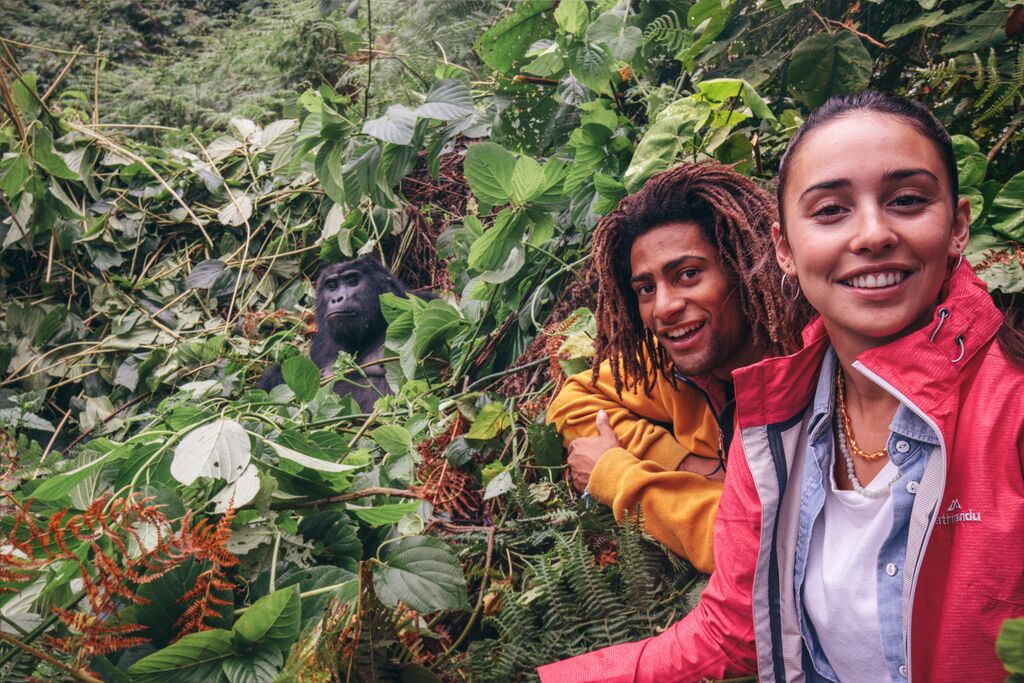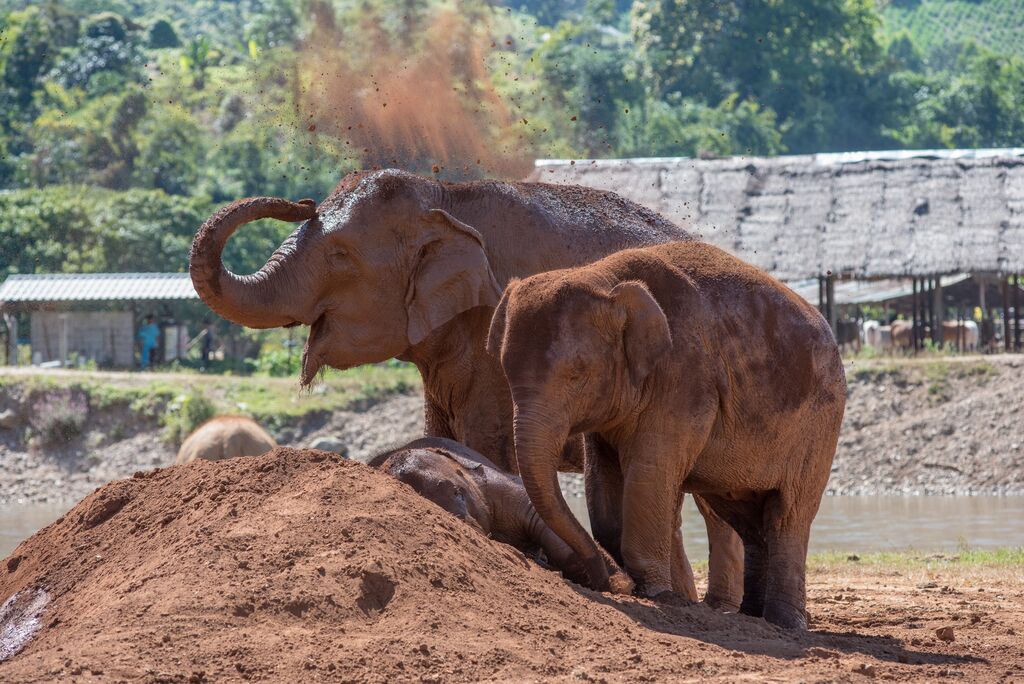The first of its kind – a complimentary animal welfare policy toolkit – has been launched to help travel companies rebound ethically to protect wild animals used for entertainment after the COVID-19 shutdown
Global tour operator Intrepid Travel, together with the global animal welfare organization World Animal Protection, is encouraging travel companies to take responsibility and put an end to the exploitation of wildlife in entertainment venues, following the collapse of tourism from COVID-19.
The two organizations have teamed up to provide tour operators with a complimentary Animal Welfare Policy Toolkit that is customizable and free for download from Intrepid Travel’s website.
The intention behind this initiative is to create an easily accessible way for tourism companies to implement more ethical wildlife practices into their businesses.
“We must put real action behind our words, and as operators who facilitate experiences all around the world, it is our responsibility to protect the environment and all of its living species. The very least we can do is ensure our practices are not causing harm to the wildlife who call the destinations we visit home.”

According to World Animal Protection, up to 550,000 wild animals are currently enduring lifetimes of suffering at tourist entertainment venues globally. Activities such as riding elephants, taking photos with tigers, lion walks and dolphin performances are examples of popular tourist attractions that can cause lifelong trauma for wild animals. The impact of COVID-19 has made the situation even more dire, with at least 85 elephant camps in Thailand that were forced to close as a result of the pandemic. World Animal Protection launched an appeal to help some of these venues - with this support, the venues can at least feed and take care of their elephants during the next couple months.
Audrey Mealia, Global Head of Wildlife at World Animal Protection said: “We are at a turning point when it comes to our relationship with wild animals. For too long, these intelligent, sociable creatures have been the victims of a cruel trade, just to entertain tourists on holiday.
“Wild animals are destined for a life of suffering and brutality behind the scenes, cruelly as entertainers under the guise of innocent fun for visitors. Tourists are duped into believing they are helping wild animals and the conservation of the species, while in reality they are creating the demand for such activities.
“The tourism industry has come to a halt in the wake of COVID-19 but it will re-build – this is the ideal opportunity to build a better future. We are calling on the tourism industry to revise their wildlife policies and stop offering exploitative experiences to their customers once and for all.”
Intrepid Travel has led the industry on animal welfare, becoming the first global tour operator to ban elephant rides on its trips in 2014, following an extensive assessment by World Animal Protection into the welfare of captive elephants at tourist venues that the company supported.

The veteran tour operator has also been a leader in bringing awareness to the cruelty of lion walks, and actively aims to educate its travelers about the realities of wildlife protection, launching specialized tours focused on ethical wildlife experiences and insight into the lives of park rangers on the frontlines of conservation. Since 2002, the company has raised thousands of dollars for wildlife protection through its not-for-profit arm, The Intrepid Foundation, for community projects such as The East African Wildlife Society, MandaLao Elephant Conservation, and the Sri Lanka Wildlife Conservation Society.
“We’re proud of the strides we’ve made to date and hope to lead others in the tourism industry to a more responsible future through this initiative. We also encourage companies who may already have policies in place to use this time to re-evaluate their existing animal welfare standards. Through the creation of this toolkit, we’ve even worked with World Animal Protection to update some of our own existing language to align with the current best practices,” Thornton added.
World Animal Protection has been campaigning for over ten years to end the cruelty of wild animals used for entertainment. Most recently, they launched a campaign calling on governments to commit to a global ban on the wildlife trade, and for all travel companies to vow to be wildlife-friendly by removing sales of entertainment venues and focusing on responsible wildlife-friendly alternatives instead.
To download the Animal Welfare Policy Toolkit, visit: www.intrepidtravel.com/animal-welfare.
For additional guidance and information, visit: www.worldanimalprotection.org/wildlife-friendly-travel-companies.
To discuss how to implement these actions within your business, and to finalize your Animal Welfare Policy, contact: [email protected].
